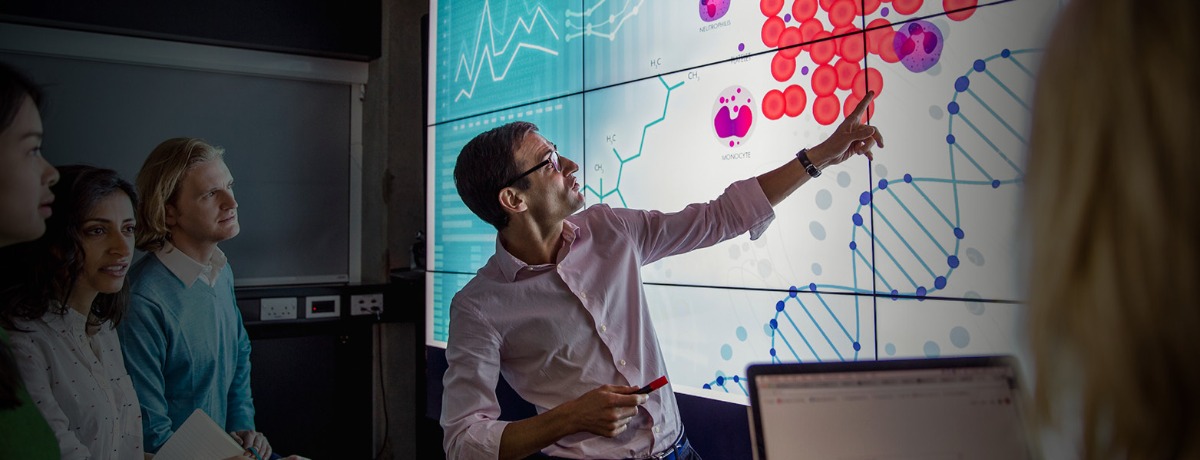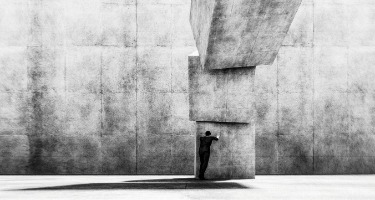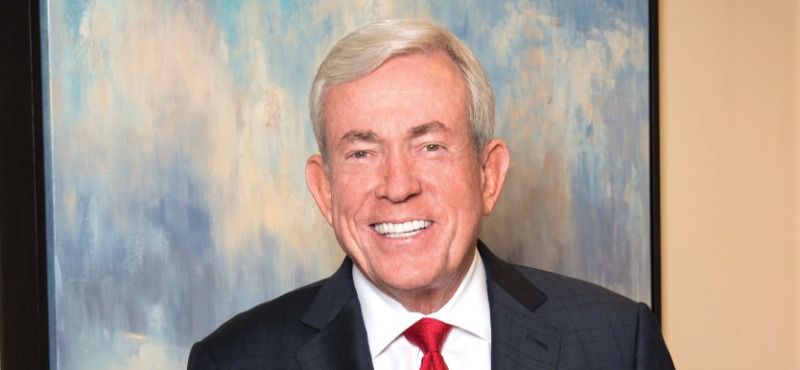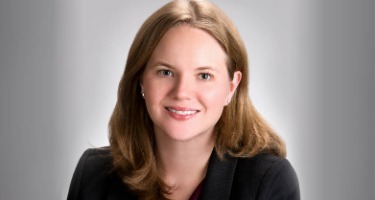The expert witness is frequently an underrated consideration when litigators try to determine whether prospective litigation will lead to a positive resolution for their client. Lately, however, the role of this individual—whose opinion provides insights into complex, often technical matters—has become more and more important, even gaining popular notoriety through crime procedurals like Law & Order and Netflix’s limited series The Staircase.
Selecting the right expert can be a difficult, high-stakes task for a trial team. But having to choose between two—especially if they are both exceptional—is an even tougher assignment. As every seasoned litigator knows, the expert you select needs not only to represent your litigation posture but also needs to present well at deposition or on the witness stand at trial. This weighty decision cannot be based on a prospective expert’s CV alone. There are many other considerations and even an element of intuition.
Whatever a litigator’s area of specialty, at some point he or she will be in the position of choosing between multiple experts of similar backgrounds or levels of skill. So how does one narrow the field?
Look for outstanding communication skills
When it comes to the right expert, an impressive resume is not nearly enough. Often the deciding factor is how they will present to a finder of fact.
“Everything circles back to communication,” said Marc Mayerson, principal at Mayerson Firm in Washington, D.C. In addition to practical expertise, Mayerson also prioritizes a track record of public speaking. “Someone who has been a professor, or someone who speaks on panels, you know they have a better chance at communicating effectively to your decision makers."
Oftentimes, it’s not about what an expert witness knows, but how they can convey that knowledge to a jury. No matter how much effort goes into preparing an expert witness, some are just naturally better at communicating than others—and that may not be revealed until they’re on the stand. One way to mitigate this risk at the outset is to establish a strong rapport, face to face. “I have to talk to them multiple times in person. Even if it’s online via video,” notes Mayerson.
Consider testifying experience
A separate but related consideration is testifying experience in the expert’s past. “I do look to see if they’ve testified previously,” said Mayerson. “Experience is usually a good indicator of communication skills. But I’d also be perfectly happy with a first timer,” he added. “They might often be more credible than a professional witness.”
While years of experience shows true expertise, it can sometimes come across to the jury in a negative way. A professional expert witness who has worked on many cases can seem like a hired gun, and opposing counsel could try to use their previous testimonies against them.
Identify differentiators (no matter how niche)
Though experts may have similar practical experience, often there is something distinct in their background that can set one expert apart. Hermann Plank, a high-tech consultant in plastics, concurs. "I had the privilege of attaining a unique education," said Plank, who attained an unusual five-year master's degree in plastics technology from the University of Leoben in Austria, an elite university for this subject. “This differentiates me from many people,” he said.
Prioritize personality
A final, underrated consideration is the expert’s personality. One aspect of this is impartiality and objectivity. “The expert can’t be too bought into their side winning, at the expense of honesty. I know that my case has warts on it, if my case didn’t have warts on it, I wouldn’t be in trial,” said Mayerson. He concluded that if “the expert thinks I hired them to help me cover up these warts, well, then I need to find another expert.”
Making sure one’s ego is in check is also crucial. Experts are good at what they do, and they know that. This can make it hard for them to be a team player, and they may be more interested in showing off their skills and knowledge than carefully explaining facts to a jury.
Plank has attended advanced training to ensure that he knows what the litigators he partners with expect from him. “I attended a courtroom bootcamp for expert witnesses,” he explained. The experience, led in partnership by lawyers and seasoned expert witnesses, “pointed out that sometimes the lawyer’s objectives are completely different [from] what the expert witness thinks.”
In the end, when balancing multiple competing considerations, it may be this ability to understand the perspective and meet the expectations of counsel that is the most important differentiating factor of all when a lawyer is choosing between equally qualified experts.
-----------
Safra Ducreay is a content writer for GLG Law who recently moved to New York City from London. She is a Canadian-born journalist and her work has appeared in titles including The Guardian, Vice, The Independent, and others.
























